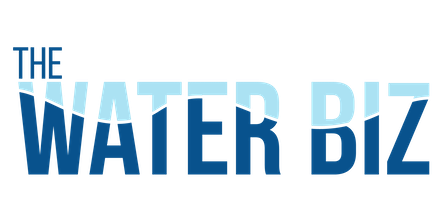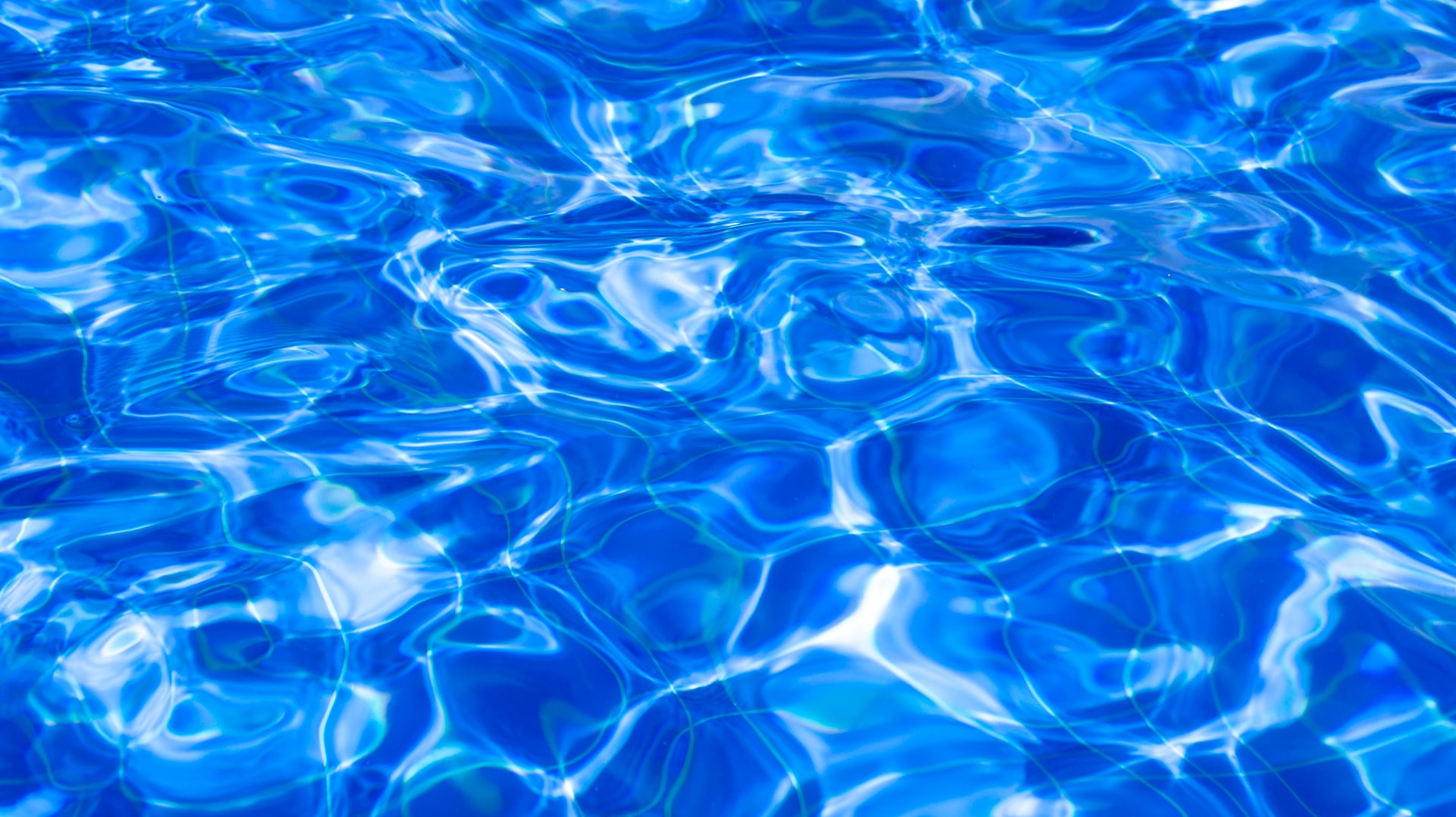While this may sound like a silly question, it is important to understand our water sources. The water which many humans consume comes from two main water sources: surface and groundwater. Groundwater collects in underground pockets called aquifers, while surface water collects in lakes, streams, rivers, reservoirs, and oceans. A home or business typically sources its water from either a public water system or a private well. Other less common sources of water include bottled water, rainwater, seawater, or recycled wastewater systems. While these are certainly valid options, in this article we will primarily focus on surface and groundwater. In this article, we will explore the types of water, and common sources for homes and businesses.
Types of Water
As mentioned above, humans get most of our water from two categories surface water and groundwater. A basic understanding of water types and how humans get water goes a long way when it comes to water filtration. In the next few paragraphs, we will talk briefly about the two most common types, concerns for drinking water, and other alternatives.
Surface Water
There is a lot to learn about surface water. Let’s start by addressing what it is and where it comes from. Surface water is found on the earth’s surface which includes lakes, reservoirs, rivers, streams, creeks, and glaciers. According to the NGWA, 80 percent of the water used on a daily basis comes from surface water.
Contaminants
- Agricultural and landscaping chemicals(nutrients and pesticides)
- Algae Bloom(Blue-green algae)
- Bacteria
- Chemical spills
- Emerging Contaminants(medicines, personal care and household products)
- Stormwater runoff
Ground Water
The next type of water is groundwater. According to the NGWA, “Groundwater is defined as water that is found beneath the surface of the Earth in conditions of 100 percent saturation (if it is less than 100 percent saturation, then the water is considered soil moisture).” Groundwater makes up about 30.1 percent of freshwater on Earth. Depending on where you live, it is likely there is water somewhere in the ground beneath you.
Contaminants
- Agricultural and landscaping chemicals(nutrients and pesticides)
- Bacteria
- Chemical spills
- The natural occurrence of heavy metals(e.g. Arsenic, Chromium, Manganese)
- Mining & drilling(oil and gas)
- Landfill leakage
- Wastewater
Rainwater
While rainwater collection has long been utilized as a source of water, there are many things to consider before utilizing it for your home or business. Rainwater is precipitation that is typically collected from a roof and stored in containers. While it can be used for many things it is important to do your research first. According to the CDC, there are states which have strict requirements or do not allow rainwater collection at all.
It is often best to consult with your local health department or the environmental quality department before implementing a collection system. In many locations, rainwater collection can be used for watering plants, cleaning, bathing, and drinking. Regardless, it is important to understand local laws and how to properly maintain the collection system. If rainwater collection is permitted by your local government, it might not be safe for household use without proper treatment.
Note: It is critical to test your water to know whether it is safe before use. Please contact The Water Biz to have your water tested.
Seawater
Oceans are the most abundant source of surface water on Earth, making up approximately 97 percent of the planet’s surface water. While it is possible to remove the high amounts of salinity found in seawater through a process called desalination, it is very cost-prohibitive. In many parts of the world, where freshwater resources are scarce, desalination processes such as reverse osmosis or distillation are common. In the U.S., states such as California, Florida, and Texas utilize desalination for drinking water during times of extreme drought.
How Does Water Get To A Home Or Business?
A home or business typically contains plumbing that connects to either a public water system or a private well. A simple way to determine if you receive water from a public water system is a utility bill. Another great place to look for a homeowner would be the disclosure section of a real estate contract. In most states, it is required to disclose whether the property utilizes a public water system or a private well. For renters, the property management company should be able to address any questions regarding the water source.
Common Water Sources
- Public Water System
- Private Well
Public Water System
Knowing where your water is sourced is a great place to start if you suspect you might need water filtration. While public water systems are the most common option, utilizing one does not necessarily remove the need for water filtration. A common misconception is that water sourced from a public water system will not need treatment at the home or business. It is important to understand that water contamination can occur at the source, the distribution system, or the plumbing of the home or business.
Private Well
If your home or business sources its water from a well, this means your filtration needs will be different than those who connect to a public water system. Private wells have their own set of pros and cons. Understanding how a private well works can aid in providing clean water to a home or business.
Wrapping Up
As we wrap up our discussion, remember that a basic understanding of water types, water sources, and how water gets to a home or business is a big help when it comes to understanding water filtration. We hope this breakdown of the water types and common water sources has proven beneficial. If you or your business would like more information, contact The Water Biz today!


